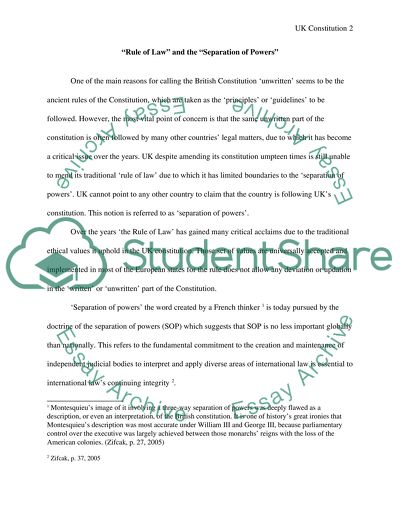Cite this document
(“Rule of Law and Separation of Powers Essay Example | Topics and Well Written Essays - 2000 words”, n.d.)
Rule of Law and Separation of Powers Essay Example | Topics and Well Written Essays - 2000 words. Retrieved from https://studentshare.org/law/1523014-rule-of-law-and-separation-of-powers
Rule of Law and Separation of Powers Essay Example | Topics and Well Written Essays - 2000 words. Retrieved from https://studentshare.org/law/1523014-rule-of-law-and-separation-of-powers
(Rule of Law and Separation of Powers Essay Example | Topics and Well Written Essays - 2000 Words)
Rule of Law and Separation of Powers Essay Example | Topics and Well Written Essays - 2000 Words. https://studentshare.org/law/1523014-rule-of-law-and-separation-of-powers.
Rule of Law and Separation of Powers Essay Example | Topics and Well Written Essays - 2000 Words. https://studentshare.org/law/1523014-rule-of-law-and-separation-of-powers.
“Rule of Law and Separation of Powers Essay Example | Topics and Well Written Essays - 2000 Words”, n.d. https://studentshare.org/law/1523014-rule-of-law-and-separation-of-powers.


